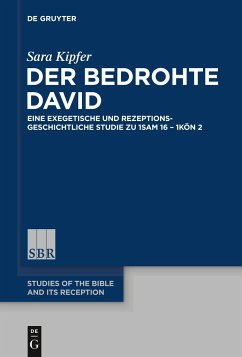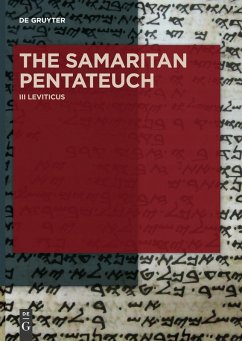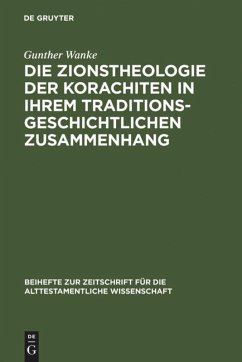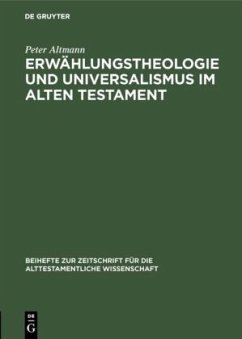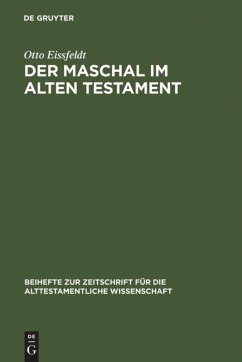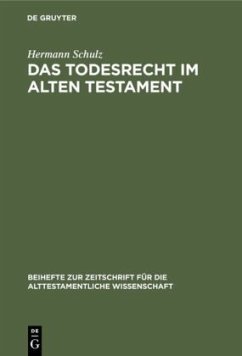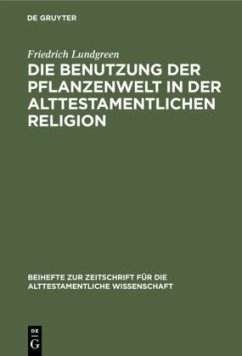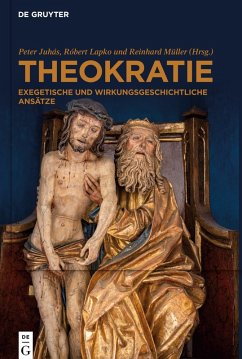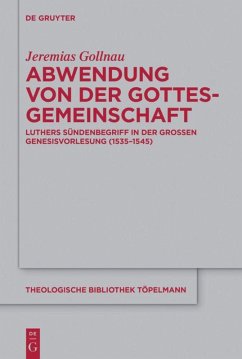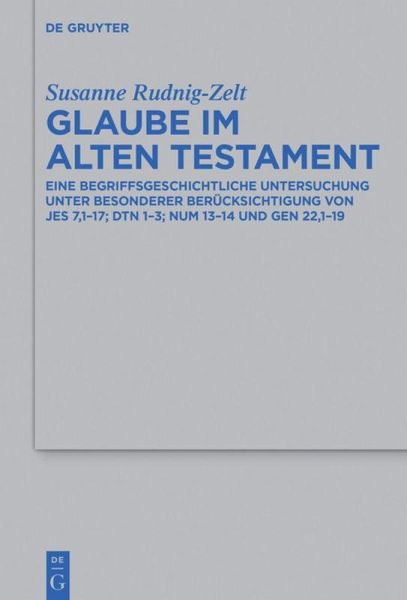
Glaube im Alten Testament
Eine begriffsgeschichtliche Untersuchung unter besonderer Berücksichtigung von Jes 7,1-17; Dtn 1-3; Num 13-14 und Gen 22,1-19
Versandkostenfrei!
Versandfertig in 6-10 Tagen
164,95 €
inkl. MwSt.
Weitere Ausgaben:

PAYBACK Punkte
0 °P sammeln!
There is no disagreement that the Christian understanding of faith has its roots in the Old Testament. Yet these roots have not been the subjects of extensive research until now; the present study attempts to fill this gap. Its point of departure is the Old Testament concept of faith as ’mn in Hif‘il. Beyond the literal meaning of this term, the study focuses on the ways it was reshaped during the Persian period and continued to evolve through history. In her historical exploration, the author documents the continuity between Old and New Testament discourses on faith. Thus, the book offers ways to think about the Old Testament foundations for the Christian doctrine of faith.
Dass das christliche Glaubensverständnis seine Wurzeln im Alten Testament hat, ist unbestritten. Trotzdem wurden diese Wurzeln bisher kaum erforscht. Die Untersuchung will diese Lücke schließen. Ausgangspunkt ist der alttestamentliche Glaubensbegriff 'mn im Hif'il. Neben der genauen Bedeutung dieses Begriffes stehen seine Prägung in der Perserzeit und seine weitere Entwicklungsgeschichte im Mittelpunkt. Als Ergebnis wird eine Kontinuität zwischen alt- und neutestamentlicher Rede vom Glauben deutlich. So bietet das Buch einen neuen Zugang zu den biblischen Grundlagen der christlichen Rede vom Glauben.





